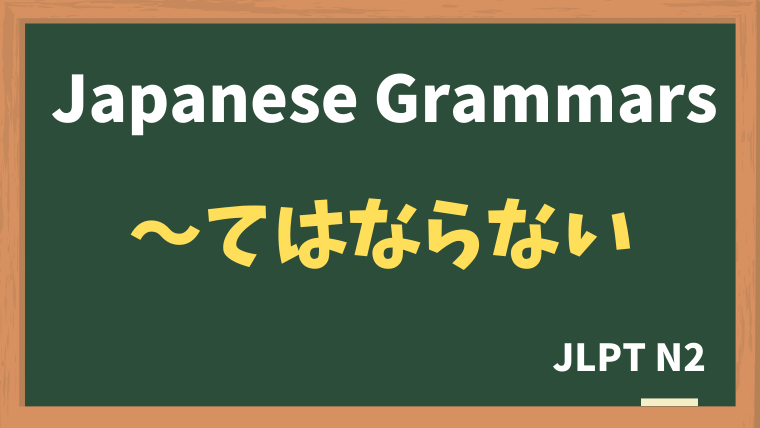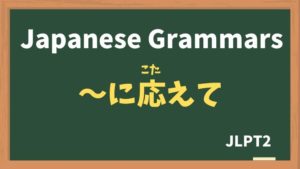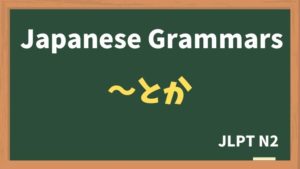
Explanation:〜てはならない
fa-check-circleMeaning
"(組織や社会のルールとして)〜してはいけない"
"must not / should not"
Used to indicate a strong prohibition or a strict rule. It conveys the meaning that something must not be done or is forbidden, and is often used in formal contexts, such as rules, laws, or serious advice.
fa-check-circleForm
V(te form)+ はならない
fa-check-circlePoints
- Strong Prohibition: Expresses that something must not be done, either morally or legally.
- Formal Tone: Commonly used in formal writing, such as regulations, laws, and instructions.
- Seriousness: Implies that the consequence of not following the rule or advice is significant.
fa-check-circleJLPT Level
N2
Sample sentenes
一度の失敗で諦めてはならない。
You must not give up after a single failure.
自分の失敗を人のせいにしてはならない。
You must not blame others for your own failures.
警察が来るまで、ここに入ってはならない。
You must not enter here until the police arrive.
アルバイトばかりして、日本に来た本来の目的を忘れてはならない。
You must not forget the original purpose of coming to Japan by only working part-time.
この日の出来事を一生忘れてはならない。
You must never forget what happened on this day for the rest of your life.
人を見下してはならない。
You must not look down on others.
Vocabulary
| Japanese |
English | |
| 本来 | ほんらい | original |
| 見下す | みくだす | to look down |






